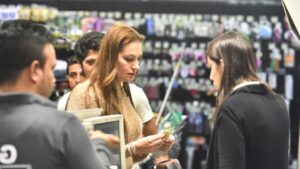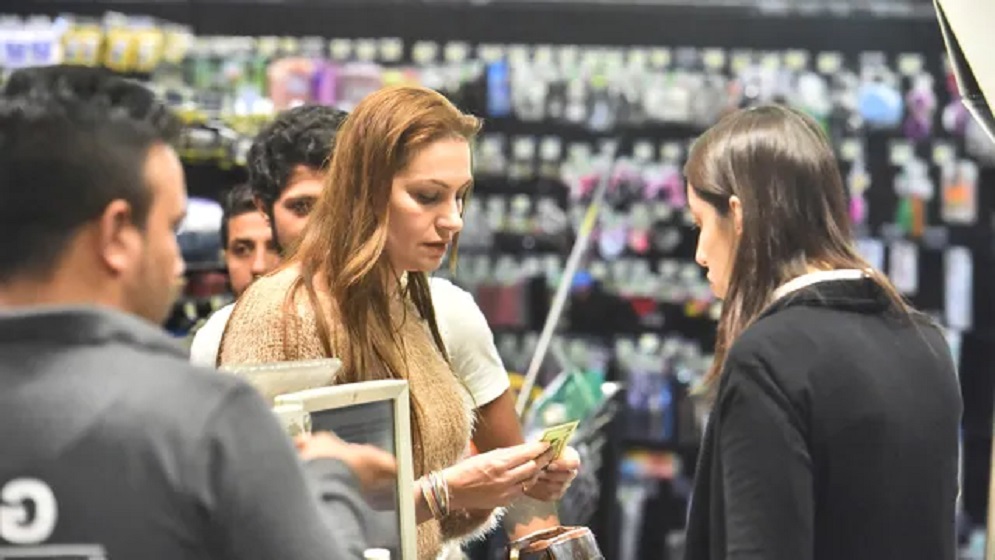57
Half of the Lebanese population now relies on humanitarian aid, according to the UN. And some residents are robbing their own banks to reclaim their savings.
 In response to the economic crisis in Lebanon, many merchants are displaying prices in US dollars instead of Lebanese pounds (illustration). (HUSSAM SHBARO / ANADOLU AGENCY)?.
In response to the economic crisis in Lebanon, many merchants are displaying prices in US dollars instead of Lebanese pounds (illustration). (HUSSAM SHBARO / ANADOLU AGENCY)?.

